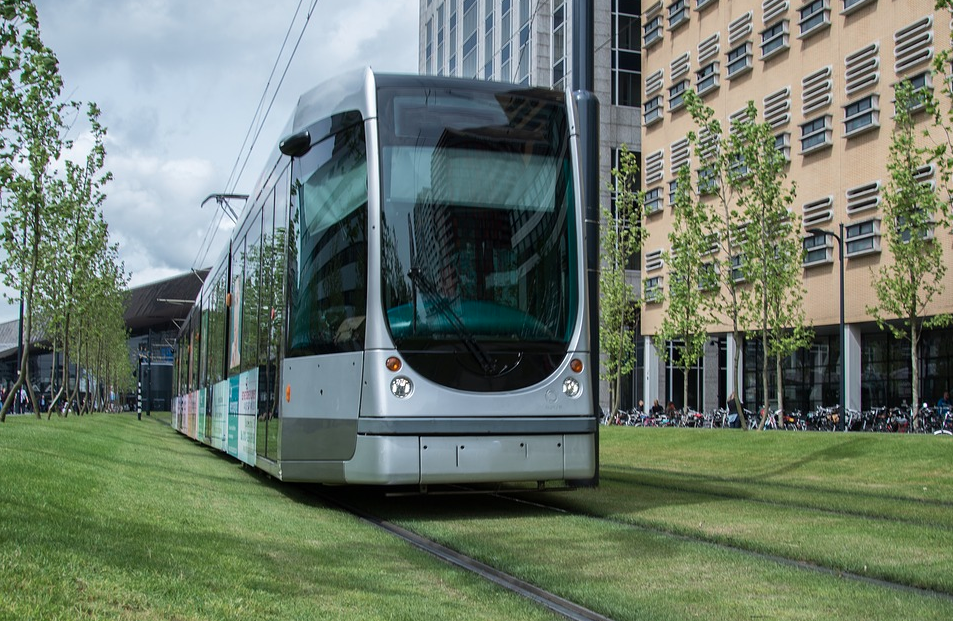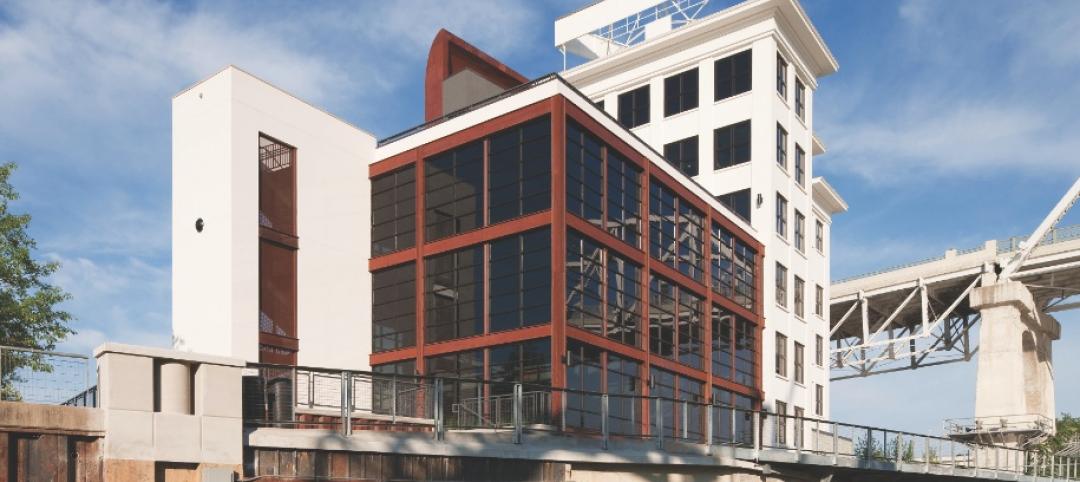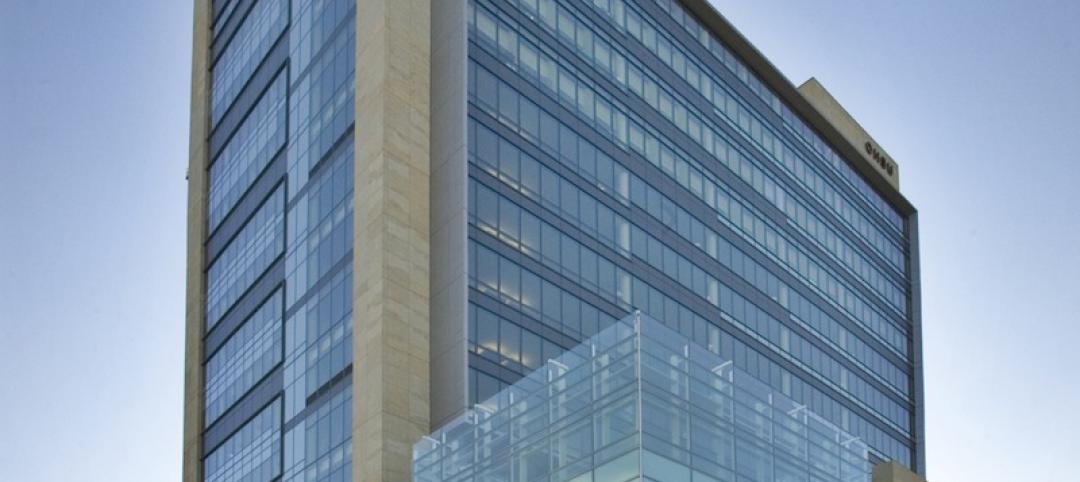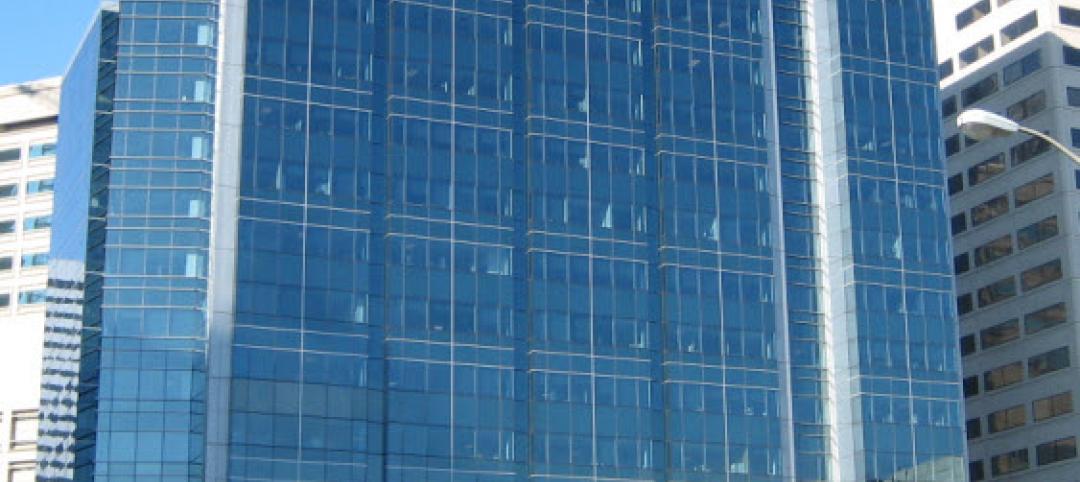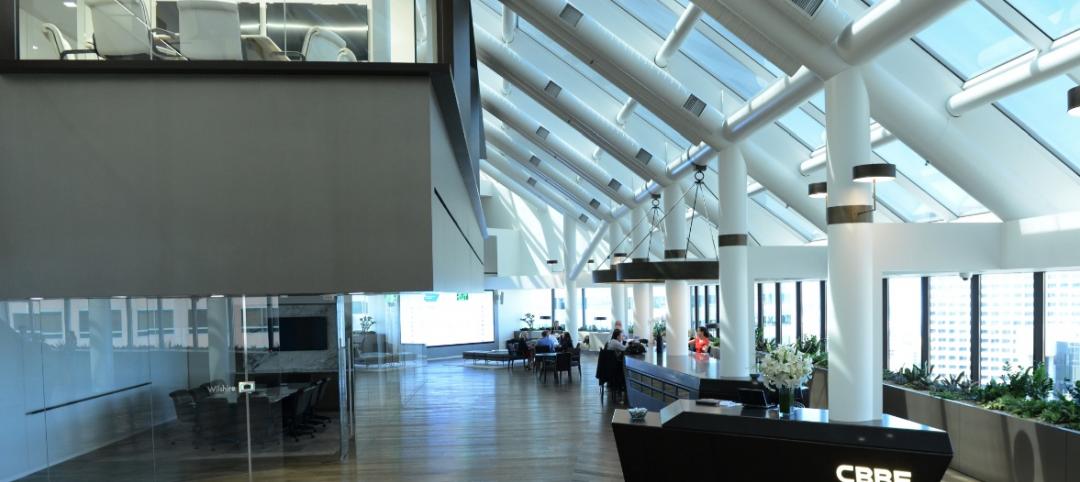The national average rent in transit-accessible office buildings was 65% higher than the average market rent in early 2018, according to a new report from real estate firm Transwestern. The examination of 15 major metros shows average rent in Central Business Districts was $43.48/sf (triple net) for transit-accessible buildings, versus $26.01/sf for car-dependent buildings.
Transit-accessible office space was also at a premium in the suburbs, with an average rent of $33.43/sf being nearly 50% higher than rent in car-dependent buildings.
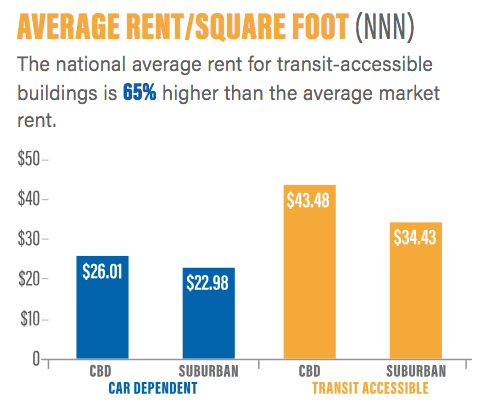 Source: Transwestern
Source: Transwestern
In the analysis, transit-accessible buildings are defined as those within a 10-minute walk from a subway, commuter rail, or light rail facility. Based on the combined statistical areas (CSAs) in the set, approximately 39% of total office inventory is categorized as transit-accessible, while the remainder is car-dependent.
Nationally, the CSAs of Denver, New York/New Jersey, Washington, D.C., and the San Francisco Bay Area are rated the highest on the transit-accessibility scale, with approximately half of the office market’s inventory qualifying as transit-accessible. View an interactive map of the top CSAs.
“As workplace amenities have become increasingly important to companies in attracting and retaining talent, tenants are most certainly keeping accessibility to mass transit on their radar when surveying office product,” said Brian Landes, Director of GIS/Location Intelligence for Transwestern. “Not surprisingly, vacancy for transit-accessible buildings is lower than overall vacancy, which makes these buildings extremely attractive to commercial real estate investors.”
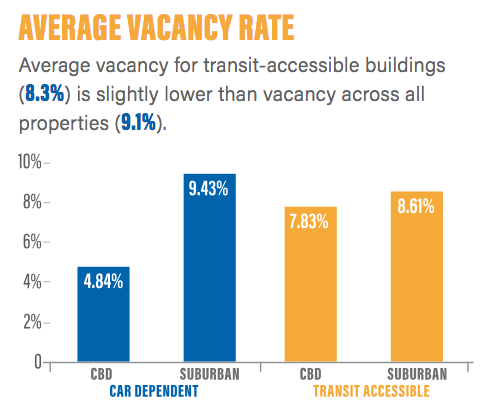 Source: Transwestern
Source: Transwestern
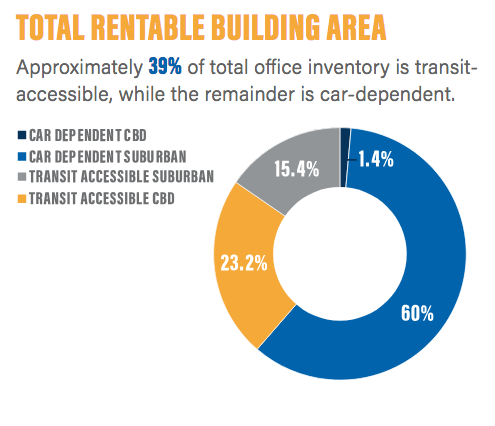 Source: Transwestern
Source: Transwestern
Related Stories
| Nov 19, 2013
Top 10 green building products for 2014
Assa Abloy's power-over-ethernet access-control locks and Schüco's retrofit façade system are among the products to make BuildingGreen Inc.'s annual Top-10 Green Building Products list.
| Nov 15, 2013
Greenbuild 2013 Report - BD+C Exclusive
The BD+C editorial team brings you this special report on the latest green building trends across nine key market sectors.
| Nov 15, 2013
Metal makes its mark on interior spaces
Beyond its long-standing role as a preferred material for a building’s structure and roof, metal is making its mark on interior spaces as well.
| Nov 13, 2013
Government work keeps green AEC firms busy
With the economy picking up, many stalled government contracts are reaching completion and earning their green credentials.
| Nov 13, 2013
Installed capacity of geothermal heat pumps to grow by 150% by 2020, says study
The worldwide installed capacity of GHP systems will reach 127.4 gigawatts-thermal over the next seven years, growth of nearly 150%, according to a recent report from Navigant Research.
| Nov 8, 2013
Can Big Data help building owners slash op-ex budgets?
Real estate services giant Jones Lang LaSalle set out to answer these questions when it partnered with Pacific Controls to develop IntelliCommand, a 24/7 real-time remote monitoring and control service for its commercial real estate owner clients.
| Nov 6, 2013
Dallas’s goal of carbon neutrality by 2030 advances with second phase of green codes
Dallas stands out as one of the few large cities that is enforcing a green building code, with the city aiming to be carbon neutral by 2030.
| Nov 6, 2013
Energy-efficiency measures paying off for commercial building owners, says BOMA study
The commercial real estate industry’s ongoing focus on energy efficiency has resulted in a downward trend in total operating expenses (3.9 percent drop, on average), according to BOMA's Experience Exchange Report.
| Nov 6, 2013
PECI tests New Buildings Institute’s plug load energy use metrics at HQ
Earlier this year, PECI used the NBI metrics to assess plug load energy use at PECI headquarters in downtown Portland, Ore. The study, which informed an energy-saving campaign, resulted in an 18 percent kWh reduction of PECI’s plug load.
| Oct 31, 2013
CBRE's bold experiment: 200-person office with no assigned desks [slideshow]
In an effort to reduce rent costs, real estate brokerage firm CBRE created its first completely "untethered" office in Los Angeles, where assigned desks and offices are replaced with flexible workspaces.


